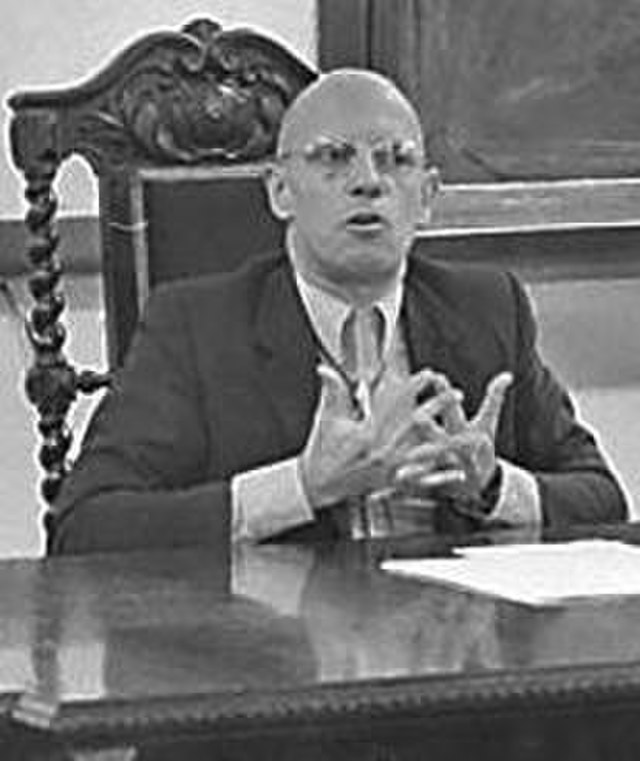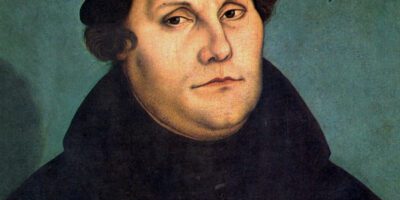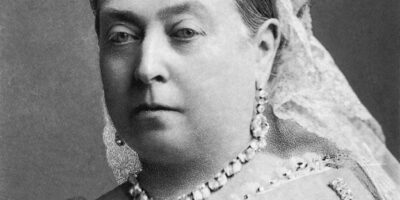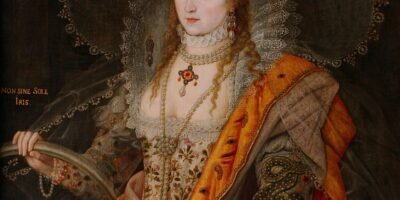
Michel Foucault-by Nemomain-Wikimedia Commons
Top 10 Facts about Michel Foucault
Paul-Michel Foucault was born on 15th October 1926 in Poitiers, France. He was a French philosopher, writer, political activist, historian of ideas, and scholarly critic.
His theories focus on the relationship between power and knowledge, and how they are used as a shape of social control through societal institutions. His thought has been an influence on academics.
He developed an interest in philosophy at the Lycee Henri-IV, where he was educated the he went on to earn a degree in philosophy ad psychology at the University of Paris(Sorbonne).
Foucault published his first major book in 1961, The History of Madness. He lectured at the University of Tunis from 1966-1968.
Then he returned to France where he became head of the philosophy department at the new experimental university of Paris VIII. Here are 10 facts about Michel Foucault.
1. Foucault was born in a wealthy family
Foucault was born as the second of three children in a wealthy,socially-conservative, upper-middle-class family.
His father was a successful local surgeon born in Fontainebleau and moved o Poitiers where he set up his own practice.
His mother, Anne Malapert was the daughter of prosperous surgeon Dr.Prosper Malapert.
Family tradition specified naming him after his father, Paul Foucault, but his mother insisted on the addition of Michel.
2. He began schooling at the local Lycee Henry-IV
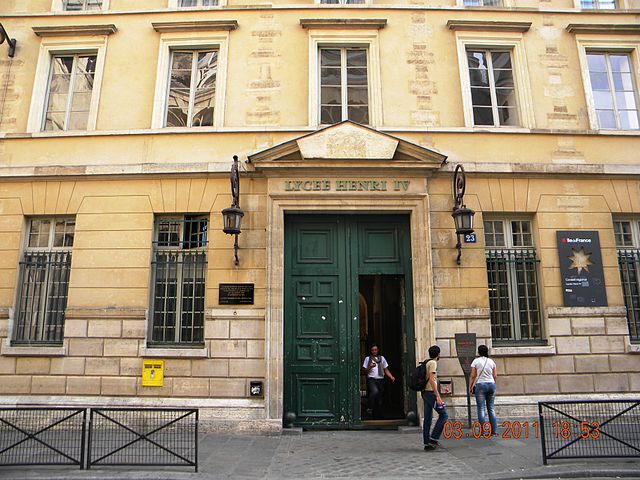
Licee Henri IV, Paris-by Britchi Mirela-Wikimedia Commons
Foucault embarked on two years of elementary education at local Lycee Henry-IV before entering the main Lycee where he stayed until1936.
He was enrolled in the College Saint-Stanislas, a strict catholic institution excelling academically in philosophy, history, and literature.
In1942, he entered his final year, where he focused on the study of philosophy earning him a baccalaureate in 1943.
3. He developed an interest in philosophy under the influence of his tutors
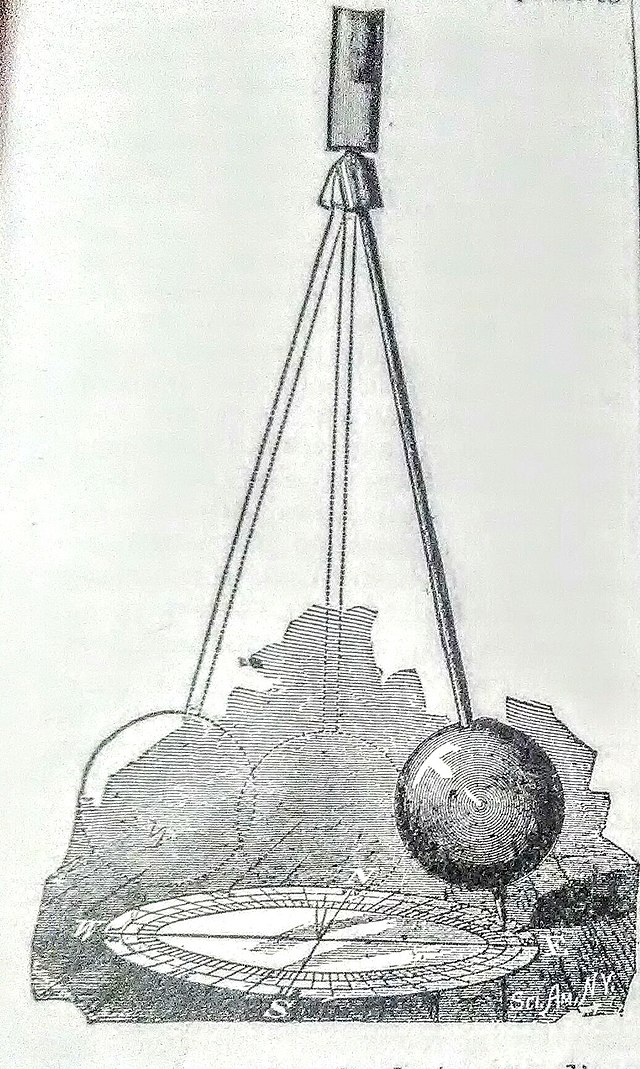
Foucault Pendulum-by T. O’Conor Sloane-Wikimedia Commons
In 1943, Focault returned to the Local Lycee Henry-IV, where he studied history and philosophy for a year under a personal tutor, philosopher Louis Girard.
In 1945, he went to Paris where he enrolled in one of the country’s most prestigious secondary schools, the Lycee Henri-IV. Here he studied under his tutor, philosopher Jean Hyppolite.
Hypolite committed himself to unite existentialist theories with the analytic theories of Hegel and Karl Marx.
This influenced Foucault who adopted Hyppolite’s conviction that philosophy must develop through a study of history.
4. He was suicidal and violent
Foucault is described as a “juvenile delinquent” for he used to participate in unlawful behavior as a minor.
During his admission at the honored Ecole Normale Superieure(ENS), his fellow students noted his love of violence and the gruesome.
He decorated his room with images of torture and war marked during the Napoleonic war.
On one occasion, he chased a classmate with a dagger and allegedly attempted suicide in 1948 and the following years.
5. Foucault engaged in homosexual activities

Deus homosexual-by Bruce The Deus-Wikimedia Commons
He engaged in homosexual activities with men he met in the underground Parisian gay scene and also involved drug abuse.
Sexual activity was an object of concern among philosophers. He attempted suicidal tendencies which emerged from the distress surrounding homosexuality because it was a taboo in France.
6. He embarked on a variety of teaching jobs from 1951-1970

Speed of light (Foucault)-by Rhodes-Wikimedia Commons
From 1951-1955, he worked as a psychology instructor at the ENS at Althusser’s invitation. He also taught psychology at the Universite de Lille from 1953-1954.
He worked as a cultural diplomat at the University of Uppsala where he was appointed a Reader in French language and literature.
From 1958-1960 he took charge of Warsaw’s center Francaise then he relocated to the Institut Francais Hamburg where he served as director teaching the same courses he had given in Uppsala and Warsaw.
In 1960, he occupied a post in philosophy at the University of Clermont-Ferrand where he taught psychology.
In 1966, he took a position teaching psychology at the University of Tunis in Tunisia, and in 1969, he became a fellow of the Prestigious College de France.
7. Foucault was active in several left-wing groups
These groups were involved in campaigns against racism and human rights abuses and for disciplinary amendments.
In 1971, Foucault co-founded the Groupe d’information Sur Les Prisons(GIP)along with historian Pierre Vidal-Naquet and journalist Jean-Marie Domenach.
The GIP aimed to investigate and expose poor conditions in prisons and give prisoners and ex-prisoners a voice in French society.
He was also active in anti-racism campaigns as a leading figure in protests following the racist killing of Arab migrant Djellali Ben Ali.
In 1981 he remained a political activist focusing on government abuses of human rights around the world.
8. Focault wrote a number of books
In 1961, he published his first book The History of Madness, a history of madness in the age of reason.
In 1983 he wrote The Birth of the Clinic, archaeology of medical perception, and in 1966, he wrote The Order of Things, an archaeology of the human sciences.
In 1975, he wrote Discipline and Punish, the birth of the prison and in 1976, he wrote The History of Sexuality, a four-volume study of sexuality in the western world.
9. His theories focused on the relationship between power and knowledge
In his early work, Foucault gives a sense that power somehow exists in institutions themselves rather than in the individuals that make those institutions function.
His books state that power is formed through accepted forms of knowledge, scientific understanding, and truth.
Truth is produced only by virtue of multiple forms of regulation and it generates regular effects of power.
He stated that ‘Power is everywhere and ‘comes from everywhere so in this sense is neither an agency nor a structure
On the other hand, Knowledge is not independent of the individuals who hold it; it is a product of power relationships.
10.Foucault died of HIV/AIDS diasease

Graves of Michel Foucault, his mother, and his father in Vendeuvre du Poitou-by Anton Tantner-Wikimedia Commons
Foucault died in 1984, with rumors that his death had been brought on by AIDS though a medical publication cleared by his family made no reference to HIV/AIDS.
His partner Daniel Defert founded the first national HIV/AIDS organization in France, AIDES, soon after his death.
Planning a trip to Paris ? Get ready !
These are Amazon’s best-selling travel products that you may need for coming to Paris.
Bookstore
- The best travel book : Rick Steves – Paris 2023 – Learn more here
- Fodor’s Paris 2024 – Learn more here
Travel Gear
- Venture Pal Lightweight Backpack – Learn more here
- Samsonite Winfield 2 28″ Luggage – Learn more here
- Swig Savvy’s Stainless Steel Insulated Water Bottle – Learn more here
Check Amazon’s best-seller list for the most popular travel accessories. We sometimes read this list just to find out what new travel products people are buying.

